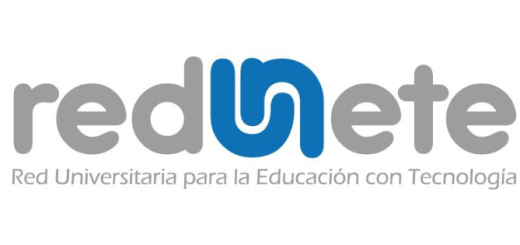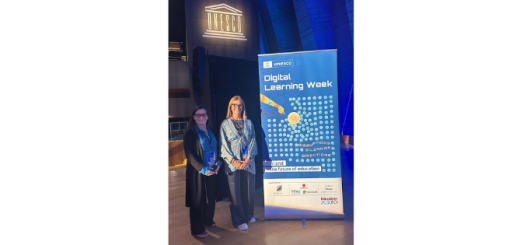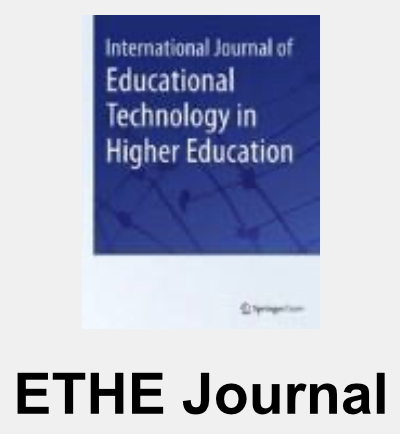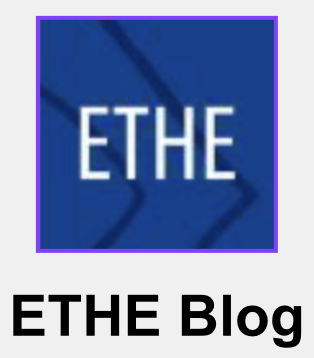New Book on Microdentials with the Participation of Edul@b

Discover the new book “Microcredentials: Transforming education and employability with innovative and flexible learning ecosystems”
The new book edited by Dr. Angels Fitó, Dr. Mitchell Peters and Dr. Carles Bruguera (Open University of Catalonia), with a foreword by Edul@b member Dr. Josep M. Duart, entitled “Microcredentials: Transforming education and employability with innovative and flexible learning ecosystems” is now available in Spanish. It includes a chapter that investigates the “Microcredentialization methodology for the recognition of employability skills in higher education” written by the members of Edul@b Dr. Marcelo Maina and Dr. Lourdes Guàrdia together with other researchers such as Dr. Federica Mancini (Università degli Studi di Trieste) and Dr. Montserrat Martinez Melo (Open University of Catalonia).
The book published by Editorial UOC delves into the expansion of microcredentials, which is being promoted by public and private initiatives and which acts as a response to the massive needs of adaptation to an economic and social context in constant transformation. This aims to promote a new generation of open, flexible and distance learning on a large scale. In this context, we need to reflect on the implications of the growing investment in microcredentials for continuing education, lifelong learning and employability.
Aquest estudi ofereix reflexions i experiències contextualitzades destinades al desenvolupament estratègic i institucional d’aquests programes de curta durada que s’ofereixen en el marc de l’educació superior, amb un èmfasi particular en modalitats obertes i a distància. El llibre presenta casos i pilots concrets duts a terme per universitats de diferents països, del quals se’n desprenen orientacions diferents per a proporcionar una visió global i pràctica sobre aquest tema emergent.
This study offers contextualized reflections and experiences aimed at the strategic and institutional development of these short-term programs offered within the framework of higher education, with a particular emphasis on open and distance modalities. The book presents specific cases and pilots carried out by universities in different countries, from which different orientations emerge to provide a global and practical vision on this emerging topic.
Delving into the “Methodology of microcredentialization for the recognition of employability skills in higher education”
The chapter presents a methodological approach for the microcredentialization of employability skills of students who are about to graduate. This approach is based on the support of these two axes:
- A competency-based electronic portfolio (e-Portfolio) as a tool for transitioning from academia to the workplace.
- A digital micro-credentialing system aimed at making students’ skills visible to potential employers.
Additionally, the results of a pilot project are presented. The evaluation of the methodology takes into account the complementary perspectives of the three stakeholders directly involved in this process: faculty, students and employers.
L’estudi se centra en la comunitat acadèmica i, en particular, en les perspectives del professorat i estudiantat sobre la capacitat de la metodologia per al foment de la innovació curricular orientat a l’obtenció de microcredencials per a l’ocupabilitat, per tal de millorar les oportunitats d’ocupació. Es proposa una focalització en els actors clau del context professional i en la necessitat d’optimitzar els processos de contractació de candidats, per la qual cosa l’anàlisi també atén la perspectiva de les persones ocupadores sobre la pertinència d’un enfocament que anima l’estudiantat a presentar credencials com a prova del domini de les competències desenvolupades.
The study focuses on the academic community and, in particular, on the perspectives of faculty and students on the capacity of the methodology for promoting curricular innovation aimed at obtaining microcredentials for employability, in order to improve employment opportunities. A focus is proposed on key actors in the professional context and the need to optimize candidate recruitment processes, so the analysis also addresses the perspective of employers on the relevance of an approach that encourages students to present credentials as proof of mastery of the skills developed.
Find more information on “Microcredentials: Transforming education and employability with innovative and flexible learning ecosystems”, here (book only available in Spanish).






